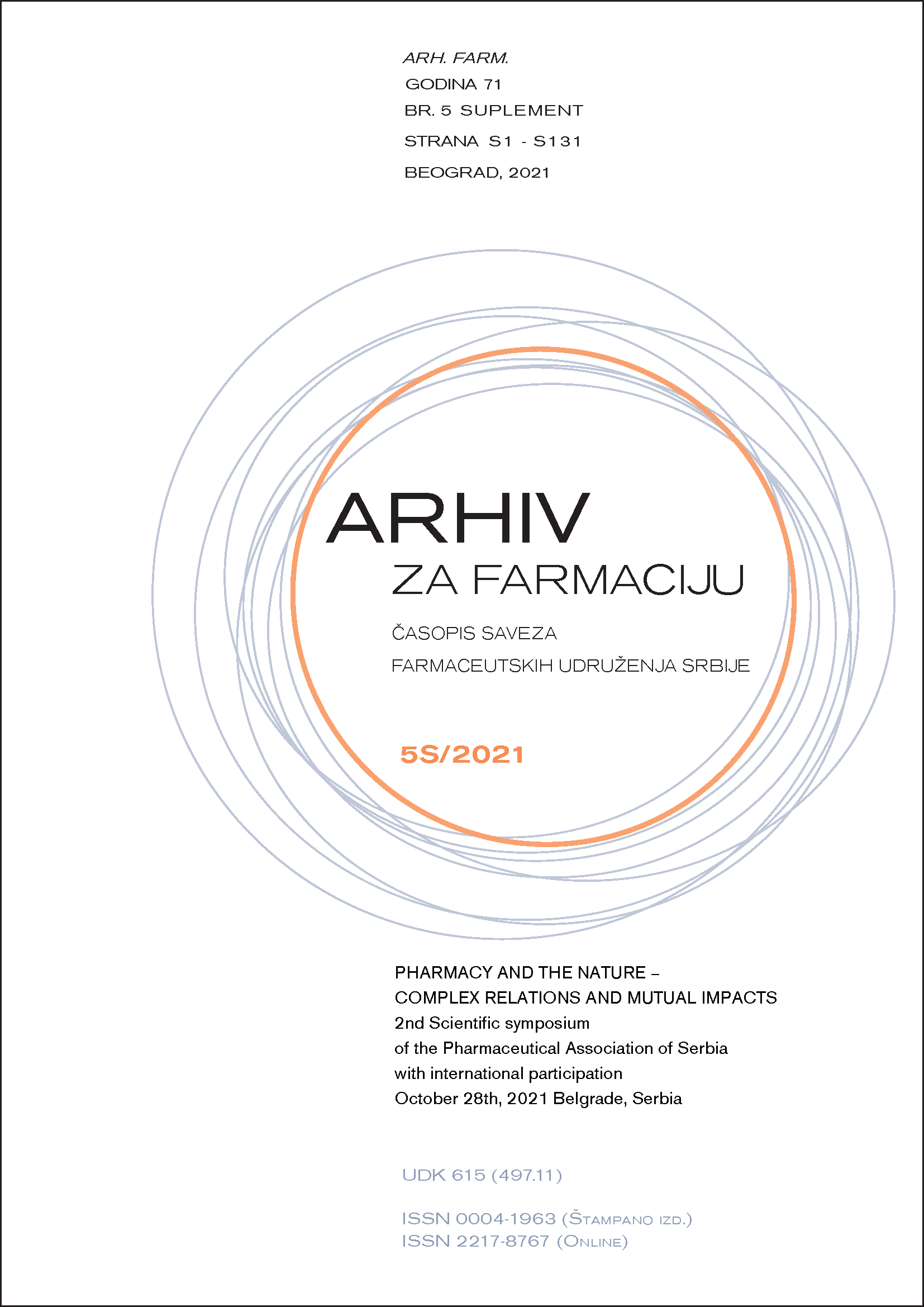Lactobacillus plantarum BGPKM22 AND Lactobacillus brevis BGZLS10-17 BLOCK LPS-INDUCED NUCLEAR TRANSLOCATION OF NF-kB TRANSCRIPTION FACTOR IN HUMAN BRONCHIAL EPITHELIAL CELLS
Abstract
Lactobacillus spp. is a lactic acid bacteria (LAB) naturally present in fresh milk and dairy products. Moreover, LAB present normal microbiota of healthy human lungs. However, chronic lung diseases, e.g., COPD (chronic inflammatory lung disease), asthma, bronchiectasis, etc., are featured by diminished microbiota of the lungs (1). Also, chronic lung diseases are characterized by persistent inflammation that is not fully controlled with available anti-inflammatory therapy (2). As LAB are well-known for their beneficial effects on human health, we hypothesized that autochthonous LAB strains, isolated from artisanal dairy products collected from specific ecological localities across Western Balkan Countries, could have alleviating effects on inflammation in chronic lung diseases.
The aim of this research was to test the ability of natural LAB isolates to inhibit the activity of proinflammatory transcription factor NF-kB in human bronchial epithelial cells.
Human bronchial epithelial cells, BEAS-2B, were pre-treated with natural LAB isolates, using 1:10 ratio, and subsequently treated with lipopolysaccharides (LPS). The cells were fixed and subjected to immunostaining with an anti-NF-kB antibody. Detection of NF-kB nuclear translocation was performed by confocal microscopy (Leica SP8). The quantification of the nuclear signals was done using the LAS X software.
The signal intensity of nuclear NF-kB in BEAS-2B cells treated with Lactobacillus brevis BGZLS10-17 and LPS was significantly lower than in the control samples, BEAS-2B cell treated with LPS, (14.6±1.2 versus 19.0±1.9; p=0.026). Also, the signal intensity of nuclear NF-kB in cells treated with Lb. plantarum BGPKM22 and LPS was significantly lower than in controls (13.0±2.4 versus 22.5±3.4; p=0.017).
Results of our research showed that exposure of human bronchial epithelial cells to LAB isolates, Lb. brevis BGZLS10-17 and Lb. plantarum BGPKM22, block LPS-induced nuclear translocation of NF-kB. The proinflammatory transcription factor NF-kB is activated in chronic lung diseases and implicated in amplification of inflammatory response in the lungs. Also, NF-kB plays an important role in acute exacerbations of chronic lung diseases that are associated with significant morbidity and mortality (2). Hence, autochthonous isolates Lb. brevis BGZLS10-17, from 10 days old Zlatar cow cheese, and Lb. plantarum BGPKM22, from cow sour milk from Pirot, that reduce the activity of NF-kB in vitro may be employed for alleviation of signs of chronic lung diseases.

